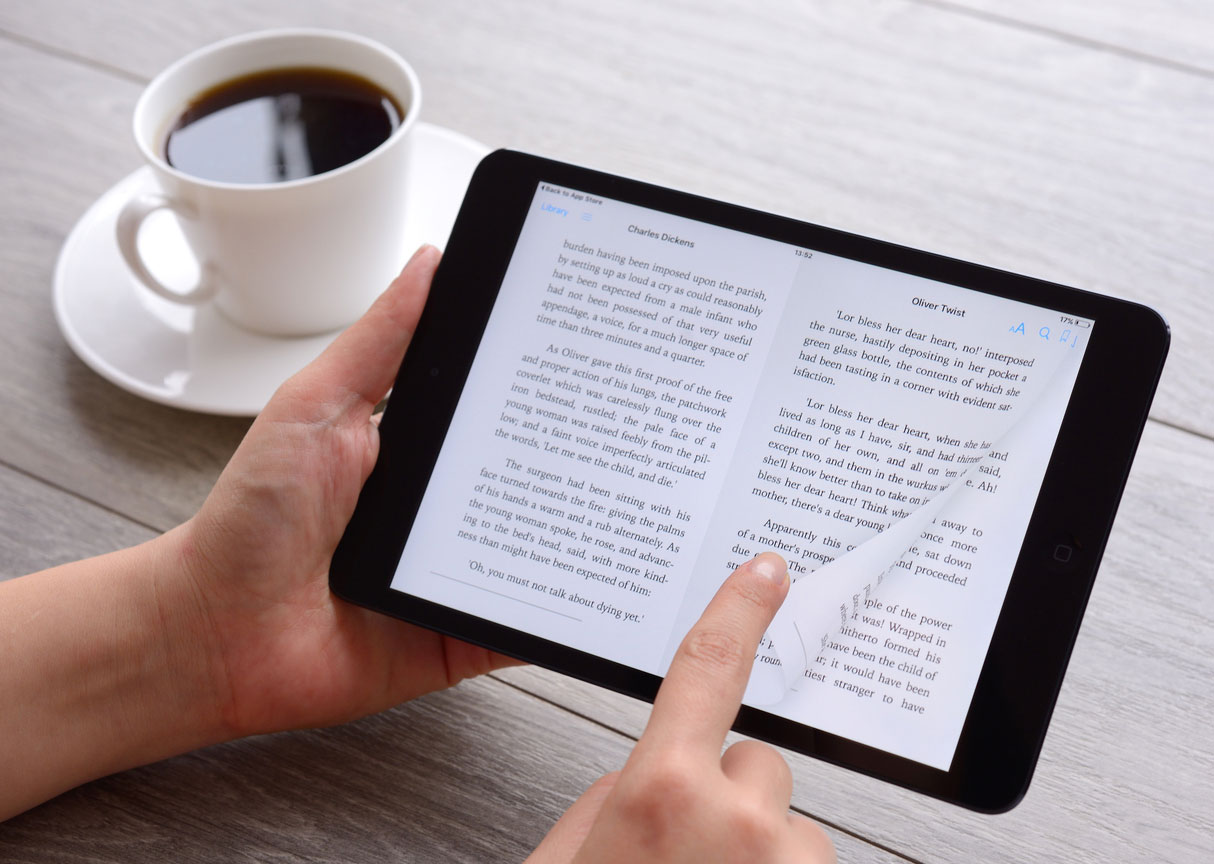Exploring the Best Apps for Reading Free Books

In an age dominated by technology, the way we read books has undergone a significant transformation. Gone are the days when bookworms had to lug around hefty tomes or make frequent trips to the library to satiate their literary cravings.
Today, with the advent of smartphones and tablets, a vast library of books is available at our fingertips through various applications.
Among these, some stand out for offering an extensive collection of free books, making reading more accessible and affordable for everyone.
In this article, we will delve into some of the best apps for reading free books, analyzing their features, pros, and cons, and pondering whether free and paid reading apps are worth the investment.
1. Project Gutenberg: A Treasure Trove of Literary Classics
Project Gutenberg is a pioneer in the realm of free digital literature. Established in 1971, it aims to digitize and archive cultural works to encourage the creation and distribution of eBooks.
With over 60,000 titles available in multiple languages, Project Gutenberg hosts a vast collection of public domain books, including literary classics, historical texts, and obscure gems.
The app is simple to use, allowing users to download books in various formats, such as ePub and Kindle, for offline reading.
One of the significant advantages of Project Gutenberg is its commitment to providing free access to timeless literary works without any subscription fees or advertisements.
2. Google Play Books: Access to Millions of Titles
Google Play Books offers a blend of free and paid content, making it a versatile platform for bibliophiles.
While the selection of free books might not be as extensive as Project Gutenberg, users can still find a plethora of classic and contemporary titles without spending a penny.
The app provides personalized recommendations based on users’ reading habits, making it easier to discover new books tailored to their interests.
Additionally, Google Play Books offers features like offline reading, customizable display settings, and the ability to sync progress across multiple devices, enhancing the reading experience.
3. Libby, from OverDrive: Your Gateway to Public Libraries
Libby, developed by OverDrive, revolutionizes the way users access eBooks and audiobooks through their local libraries.
By connecting to a library card, users can borrow digital copies of books from their library’s collection, including bestsellers and new releases, for free.
Libby offers a seamless borrowing experience, with no late fees or overdue fines, as borrowed titles are automatically returned at the end of the lending period.
With support for various devices, including smartphones, tablets, and eReaders, Libby makes reading accessible to everyone with a library card, bridging the gap between traditional libraries and digital technology.
4. Wattpad: Empowering Writers and Readers
Wattpad stands out as a unique platform that not only offers a vast library of free books but also fosters a community of writers and readers.
Users can discover original stories written by aspiring authors across genres like romance, fantasy, and science fiction. Wattpad allows writers to share their work chapter by chapter, receiving feedback and engaging with readers in real-time.
This interactive approach to storytelling has propelled many writers to fame, with several Wattpad stories being adapted into movies and TV shows.
While Wattpad primarily features user-generated content, it also hosts some traditional books and bestsellers, making it a diverse and dynamic reading platform.
Are Free and Paid Reading Apps Worth It?
The debate between free and paid reading apps often boils down to personal preference and priorities.
Free reading apps like Project Gutenberg and Google Play Books offer access to a vast library of books at no cost, making them ideal for budget-conscious readers or those interested in public domain works.
These apps are perfect for exploring literary classics, niche subjects, or discovering new authors without breaking the bank.

On the other hand, paid reading apps such as Kindle Unlimited and Scribd offer a subscription-based model with access to a more extensive catalog of books, including bestsellers and new releases.
While these services require a monthly fee, they provide added benefits like unlimited access to audiobooks, magazines, and exclusive content.
For avid readers who consume multiple books per month or prefer the convenience of having a vast library at their fingertips, paid reading apps can offer excellent value for money.
Ultimately, whether free or paid reading apps are worth it depends on individual reading habits, preferences, and financial considerations.
While free apps provide a cost-effective way to enjoy literature, paid apps offer additional features and a broader selection of titles for a subscription fee.
Conclusion
In conclusion, the advent of digital reading apps has democratized access to literature, allowing readers to explore a vast library of books conveniently and affordably.
From classics to contemporary bestsellers, there is a reading app to suit every taste and budget. Whether opting for free apps like Project Gutenberg and Libby or investing in paid services like Kindle Unlimited and Scribd, readers have more choices than ever before.
Ultimately, the best reading app is one that aligns with individual preferences, providing an immersive and enjoyable reading experience.
So, why not dive into the world of digital literature and embark on your next literary adventure today?





